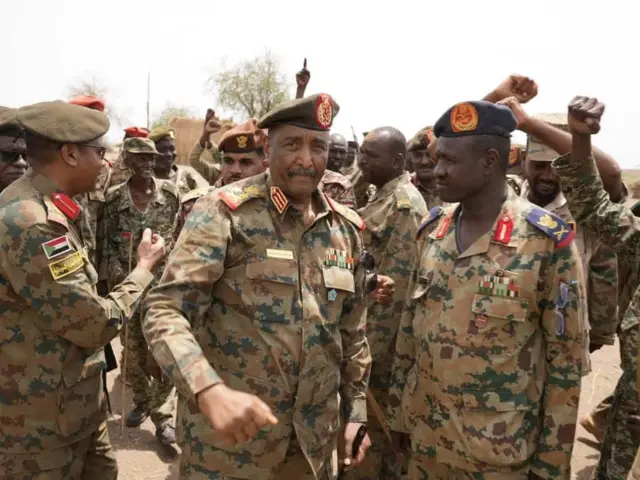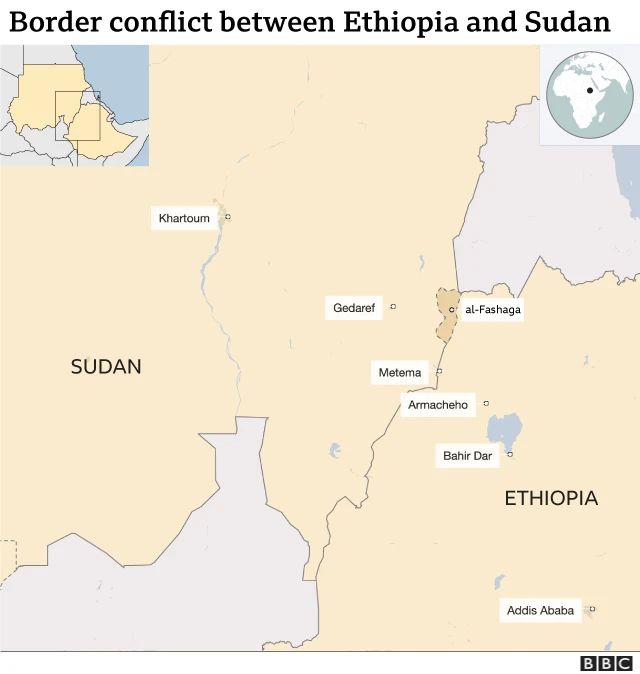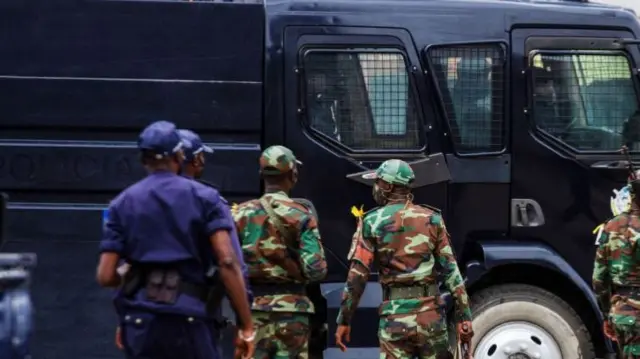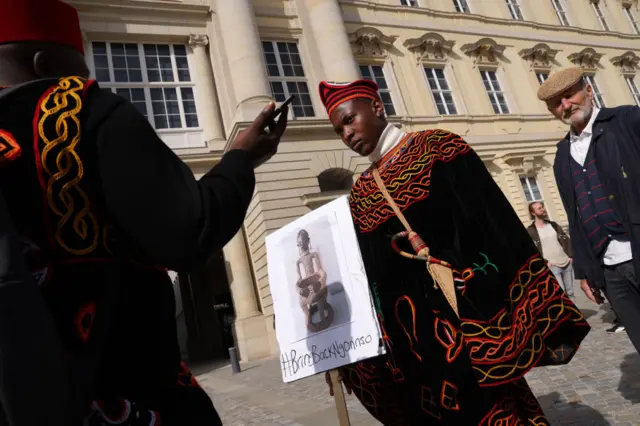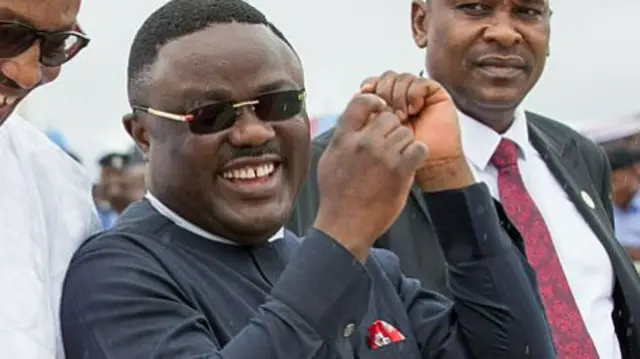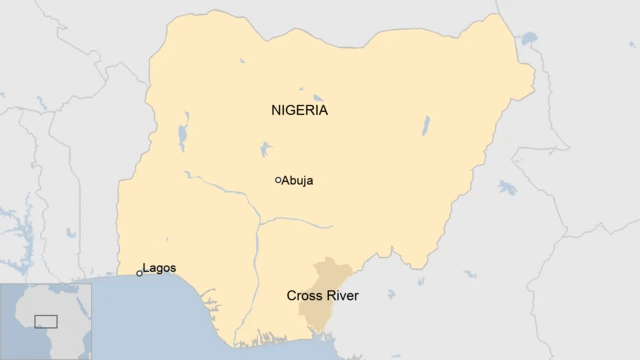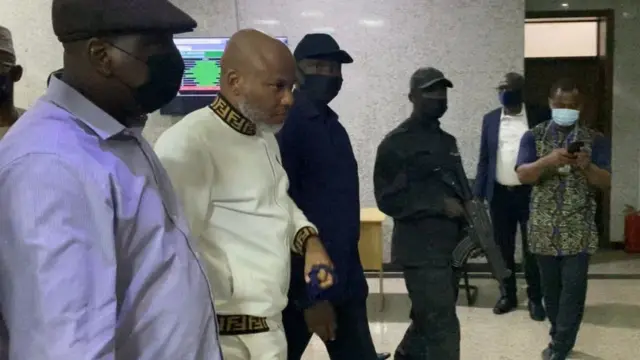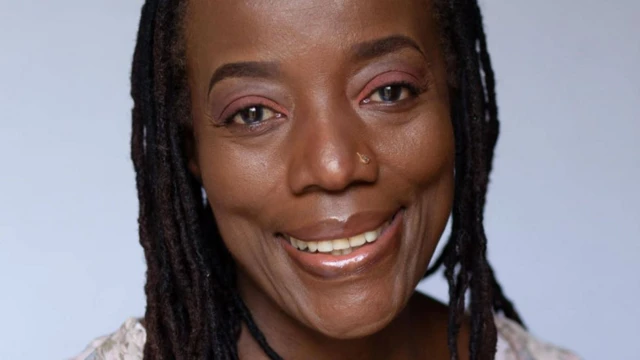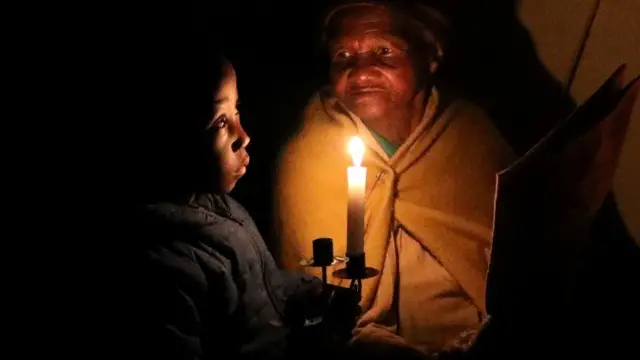Bomb explosions rock Ethiopian citypublished at 09:42 BST 29 June 2022
Kalkidan Yibeltal
BBC News
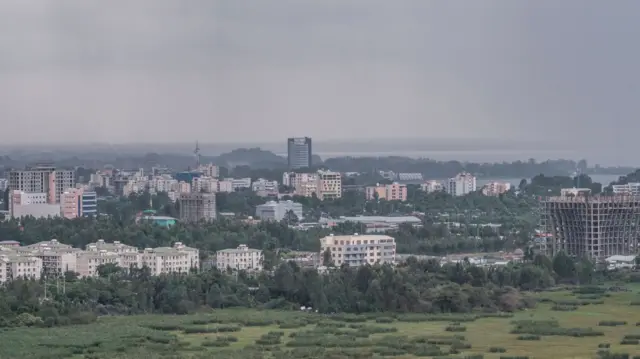 Image source, AFP
Image source, AFPPolice say the blasts occurred in selected "strategic" places in Bahir Dar city (file photo)
There have been bomb blasts in four separate places in Ethiopia's northern city of Bahir Dar, police have said, indicating a further deterioration of security in Amhara, the country's second largest region.
The explosions occurred in selected "strategic" places in the city, which is the regional capital, and were aimed at ‘terrorising the public", according to a police spokeswoman.
She did not disclose whether there were any casualties, but confirmed that six suspects were apprehended in relation to the incidents.
Tensions have escalated in the region after the authorities launched what they called a "law enforcement operation" that has seen the arrest of thousands of individuals in the region.
There have been a number of anti-government protests in recent days following a massacre of ethnic Amharas in neighbouring Oromia region. More than 250 village farmers were killed in the incident.
Residents have told the BBC that the city was calm on Wednesday.
However, the latest developments indicate that there are simmering tensions that could pose significant challenges to a country blighted by widespread conflicts.




